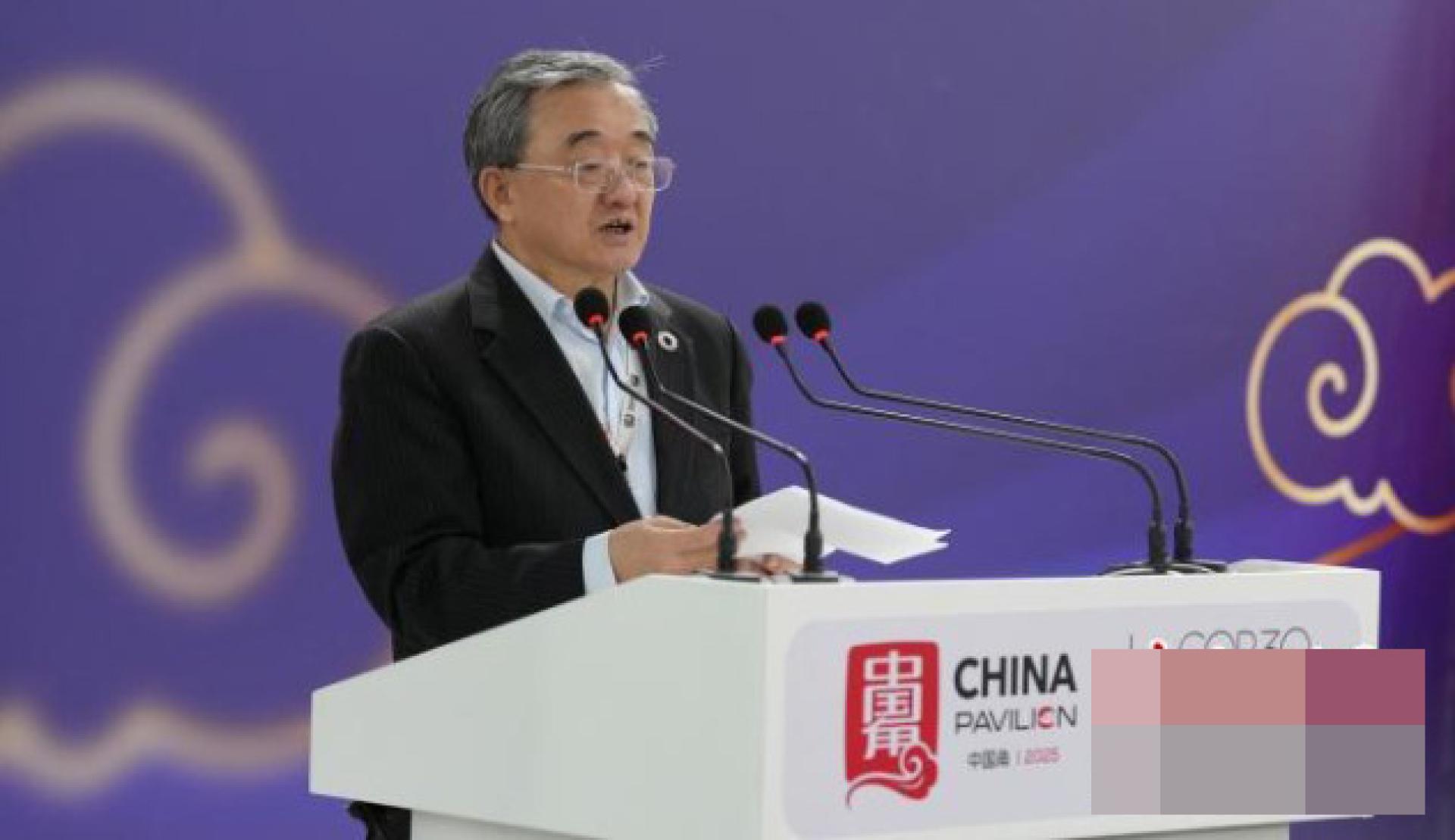The 30th United Nations Climate Change Conference (COP30) is being held from November 6 to 21 in Belem, a city in the Amazon region of Brazil. On Friday (14th, local time), China’s Special Envoy for Climate Change, Liu Zhenmin, reminded attendees that in the global response to climate change, international efforts in adaptation are still far from sufficient.
According to reports from China News Service, Liu Zhenmin, during a side event themed “China’s Approach to Climate Change Adaptation”, cited the United Nations Intergovernmental Panel on Climate Change (IPCC) report, pointing out that about 3.3 to 3.6 billion people worldwide live in highly vulnerable environments to climate change. As global warming intensifies, the effectiveness of adaptation will decline, and vulnerable groups will suffer additional harm.
According to assessments by the United Nations Environment Programme, adaptation costs for developing countries amount to hundreds of billions of US dollars annually, while current funding and technological support fall far short of meeting these needs.
Liu Zhenmin further emphasized that China regards proactive adaptation to climate change as an important component of its national strategy to actively address climate change.
China’s Nationally Determined Contribution target for 2035 clearly states the fundamental establishment of a climate-adaptive society. Currently, all 31 of China’s provinces have formulated local adaptation action plans, and 39 cities are piloting the building of climate-adaptive cities, forming a complete approach of “national strategy + provincial implementation + city-level demonstration.”
Liu Zhenmin stated that China is willing to continue helping other developing countries enhance their climate adaptation capacity through forging climate adaptation partnerships and deepening South-South cooperation.
He further noted that early warning is the “first line of defense” for climate adaptation and is a key measure for developing countries to enhance climate resilience. He looks forward to gradually building bilateral or regional early warning cooperation platforms with relevant developing countries.
According to assessments by the United Nations Environment Programme, adaptation costs for developing countries amount to hundreds of billions of US dollars annually, while current funding and technological support fall far short of meeting these needs.
Liu Zhenmin further emphasized that China regards proactive adaptation to climate change as an important component of its national strategy to actively address climate change.
China’s Nationally Determined Contribution target for 2035 clearly states the fundamental establishment of a climate-adaptive society. Currently, all 31 of China’s provinces have formulated local adaptation action plans, and 39 cities are piloting the building of climate-adaptive cities, forming a complete approach of “national strategy + provincial implementation + city-level demonstration.”
Liu Zhenmin stated that China is willing to continue helping other developing countries enhance their climate adaptation capacity through forging climate adaptation partnerships and deepening South-South cooperation.
He further noted that early warning is the “first line of defense” for climate adaptation and is a key measure for developing countries to enhance climate resilience. He looks forward to gradually building bilateral or regional early warning cooperation platforms with relevant developing countries.
